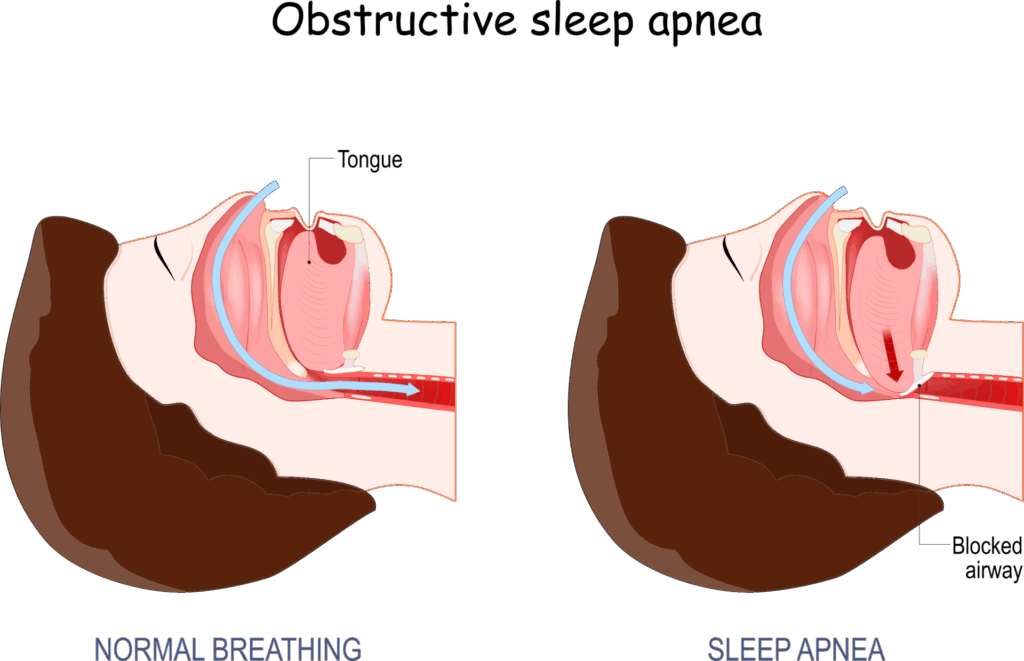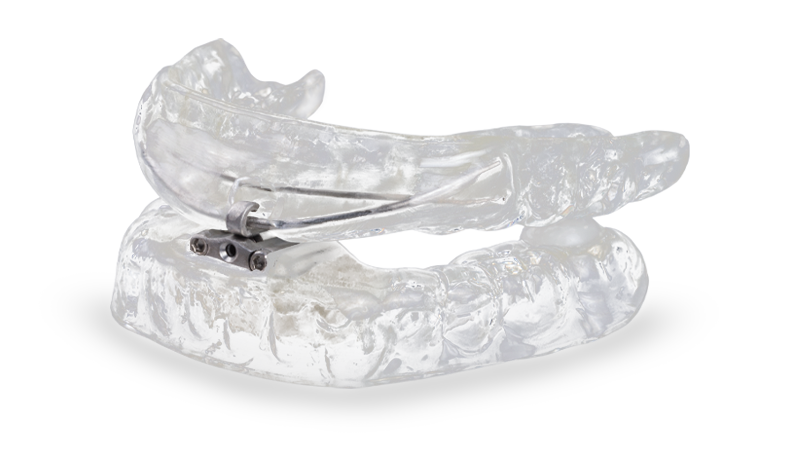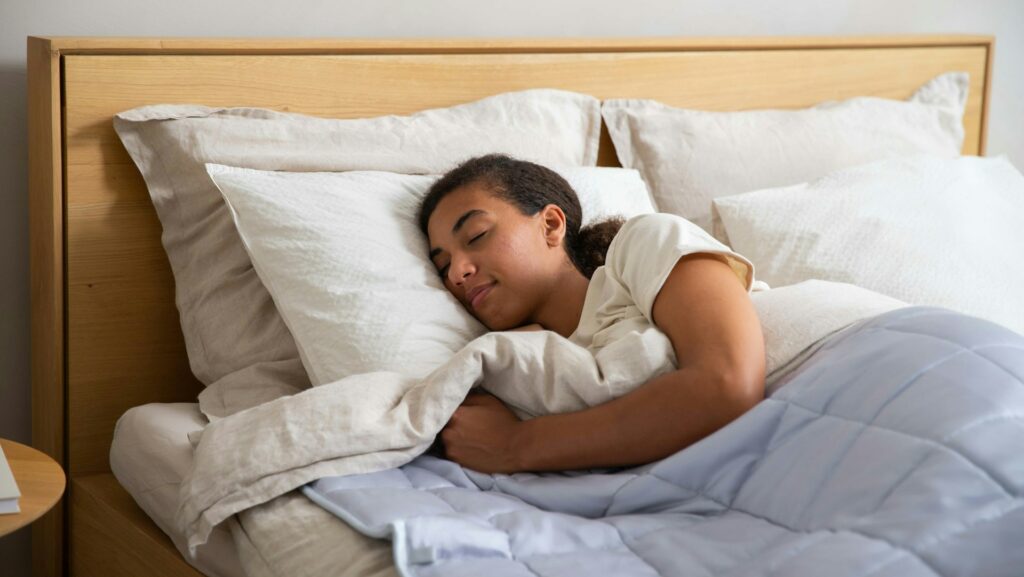
Snoring occurs when the flow of air through the mouth and nose is partially obstructed, causing the tissues in the throat to vibrate and produce the familiar sound. While snoring itself may not always be a health concern, it can be a sign of a deeper issue such as sleep apnea.
Sleep apnea is a more serious condition in which your breathing repeatedly stops and starts while you sleep. The most common form is obstructive sleep apnea (OSA), which occurs when the muscles in the throat relax excessively and block the airway.

Oral appliances, also known as mandibular advancement devices (MADs), are custom-made devices that reposition your lower jaw and tongue to keep your airway open during sleep. These appliances are highly effective for treating snoring and mild to moderate obstructive sleep apnea. For patients who have been diagnosed with obstructive sleep apnea and have difficulty using a CPAP machine, oral appliances can sometimes serve as a more comfortable alternative. They provide continuous airway support during sleep, minimizing the symptoms of sleep apnea without the need for bulky equipment. [not everyone diagnosed with obstructive sleep apnea can utilize an oral appliance. Sleep studies are an essential part of diagnosis and proper treatment planning that is safe and effective.].

In addition to providing oral appliance therapy, our dental team can guide you on lifestyle changes that can reduce snoring and improve your sleep. These include:
If you or a loved one are struggling with snoring or sleep apnea, we can help. Schedule a consultation with Dr. Duke today to discuss your symptoms and explore your treatment options. We’ll help you breathe easier and sleep soundly, so you can wake up feeling refreshed and ready to take on the day.